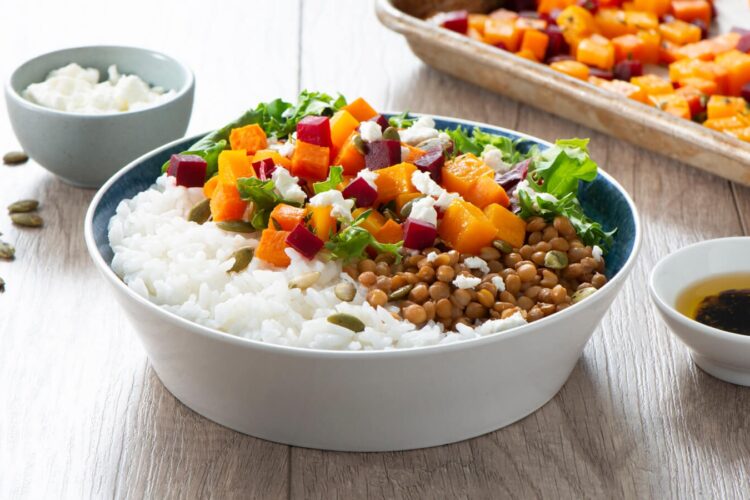In a world increasingly conscious of health and sustainability, the spotlight has turned to plant-based diets. Yet, as with any subject that rises to popularity, myths and misconceptions abound. Amidst the clamor of opinions and debates, it’s crucial to distinguish between the myths and facts. Let’s embark on a journey to unravel the truths and dispel the myths surrounding plant-based diets.
What is a plant-based diet?
A plant-based diet primarily consists of foods derived from plants, including vegetables, grains, nuts, seeds, legumes, and fruits, with minimal or no animal products. It’s not necessarily a strict vegetarian or vegan diet but focuses on consuming mostly plant-based foods.
Myth 1: plant-based diets are deficient in protein
Fact: plant-based diets can provide adequate protein. A study published in the journal of the academy of nutrition and dietetics found that a well-planned vegetarian diet can meet the current recommendations for all nutrients, including protein. Foods like lentils, chickpeas, tofu, quinoa, and almonds are excellent protein sources. The key is consuming a variety of protein-rich plant foods.
Myth 2: plant-based diets are inherently healthy
Fact: just because a diet is plant-based doesn’t automatically make it healthy. It’s possible to consume an unhealthy plant-based diet if it’s high in processed foods, sugars, and unhealthy fats. A healthy plant-based diet should focus on whole, minimally processed foods.
Myth 3: plant-based diets are expensive
Fact: a plant-based diet can be economical. Staples like beans, rice, and seasonal vegetables can be less expensive than meat and dairy products. A 2018 study published in the journal of hunger & environmental nutrition demonstrated that individuals who followed a plant-based diet saved an average of $750 per year on groceries compared to a diet with meat.
Myth 4: plant-based diets don’t provide enough iron
Fact: plant-based diets can provide sufficient iron. Non-heme iron, found in plant foods, is less readily absorbed than the heme iron in animal products. However, consuming vitamin c-rich foods along with iron-rich plant foods can enhance absorption. Foods like spinach, lentils, and fortified cereals are good iron sources.
Myth 5: you can’t build muscle on a plant-based diet
Fact: building muscle on a plant-based diet is entirely possible. The key is adequate calorie and protein intake, coupled with resistance training. A study from the american journal of clinical nutrition indicated that plant-based protein could build muscle just as effectively as animal protein when consumed in sufficient quantities.
Myth 6: plant-based diets are boring and restrictive
Fact: plant-based diets offer a diverse range of food options. With a plethora of fruits, vegetables, grains, legumes, nuts, and seeds available, there are endless possibilities for delicious and nutritious meals. Creativity in the kitchen can lead to a satisfying and diverse diet.
Conclusion
The journey through the world of plant-based diets reveals a path lined with many myths, but when these myths are dispelled, what emerges is a diet rich in diversity, health benefits, and environmental sustainability. Whether fully embraced or partially incorporated, a plant-based diet can be a nutritious, affordable, and enjoyable way of eating.

